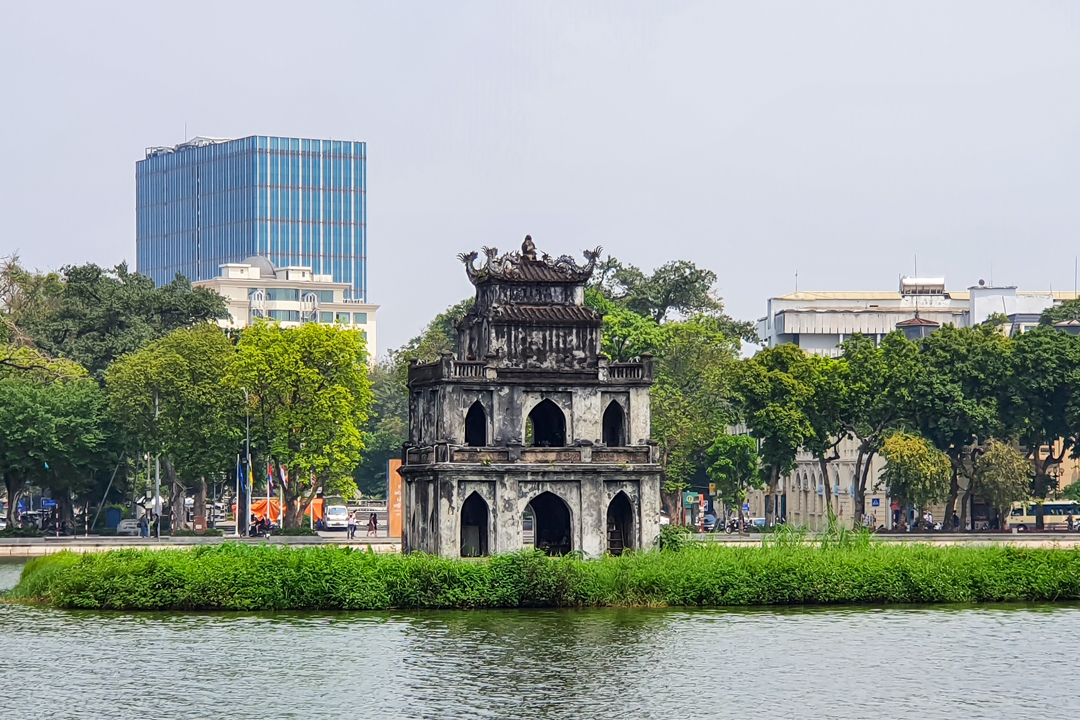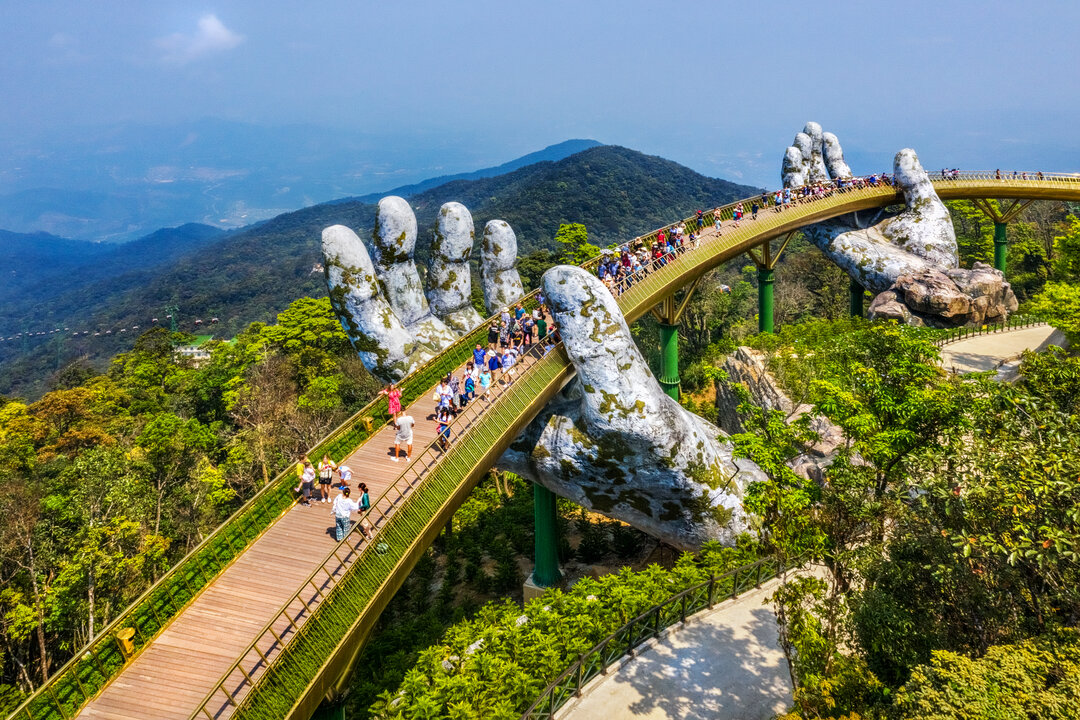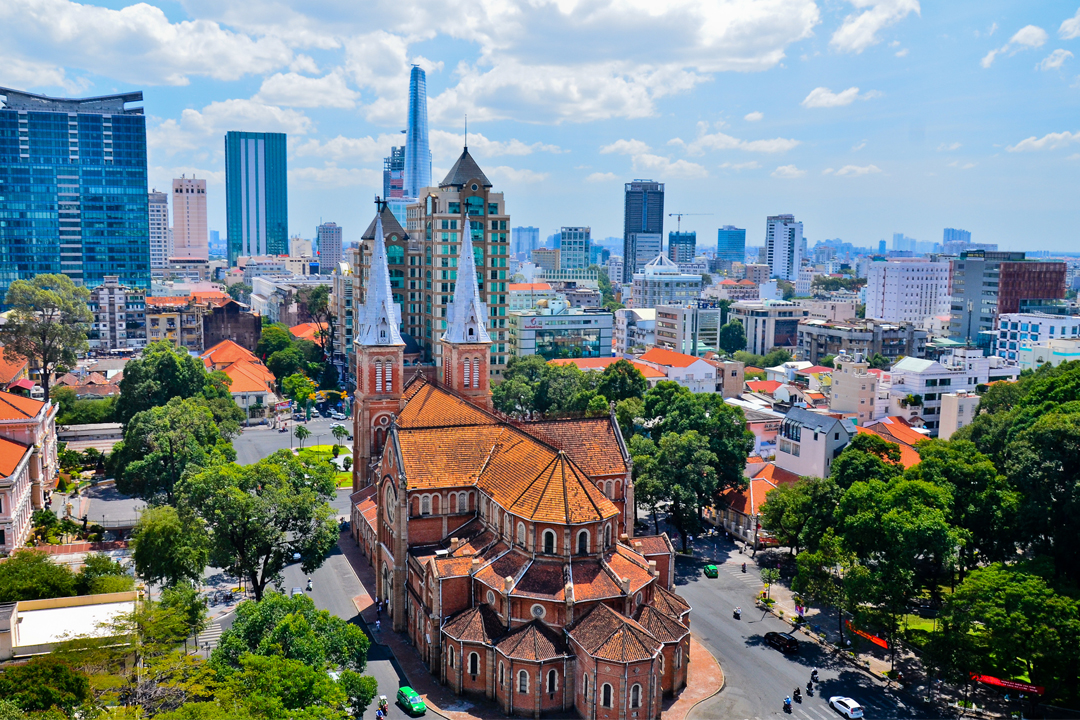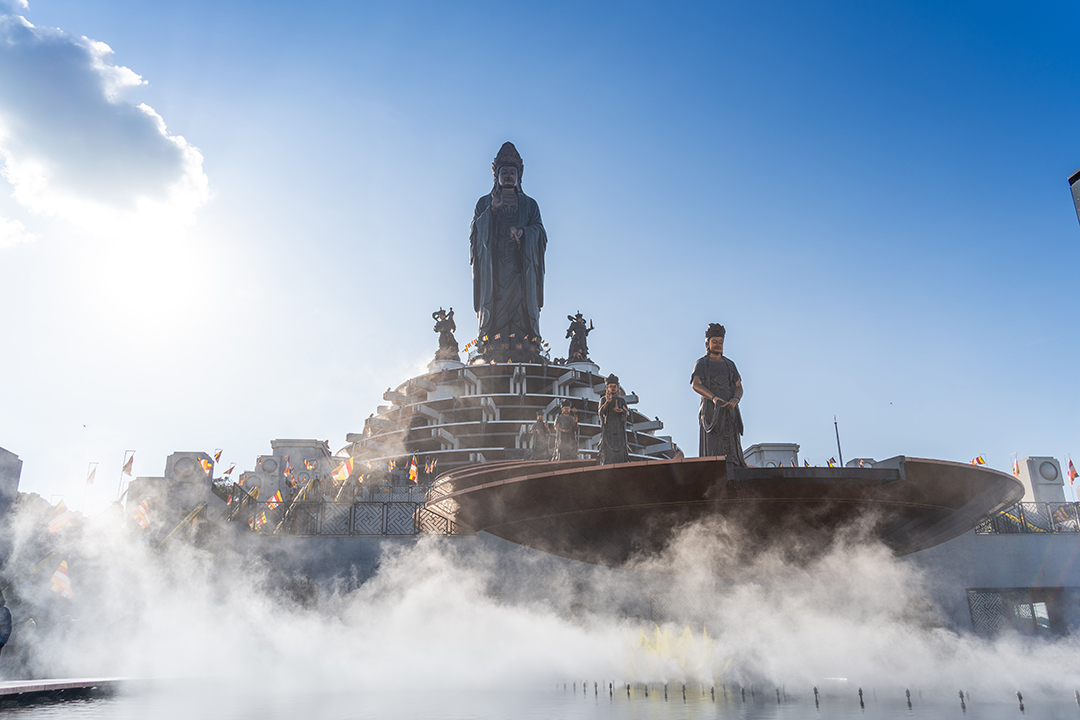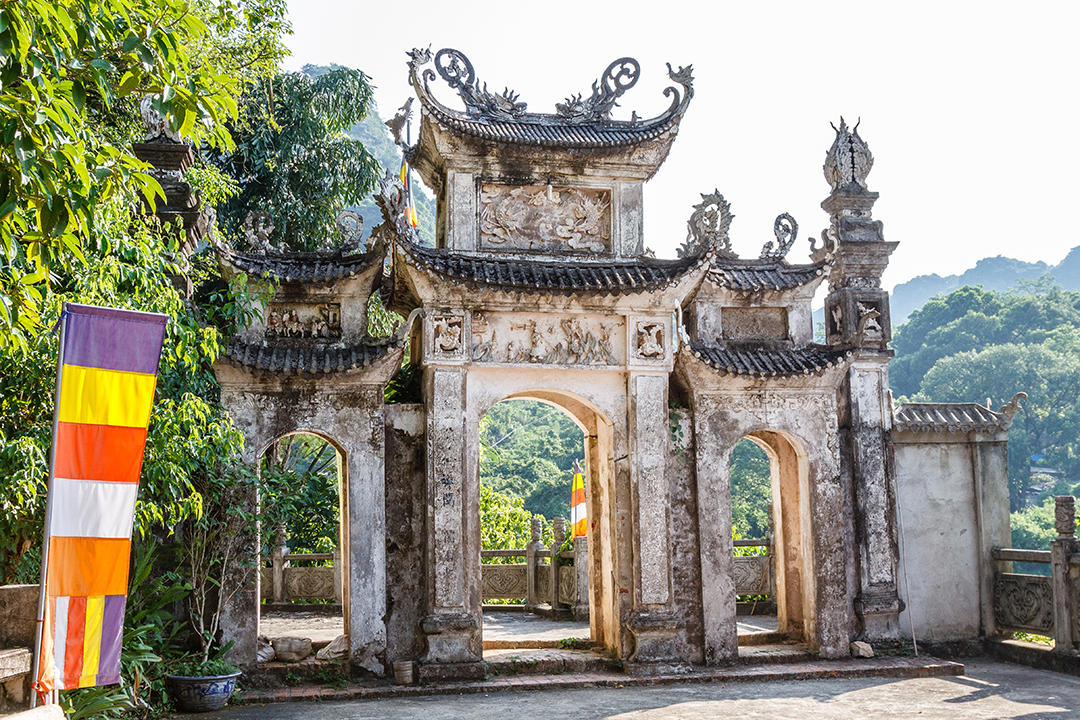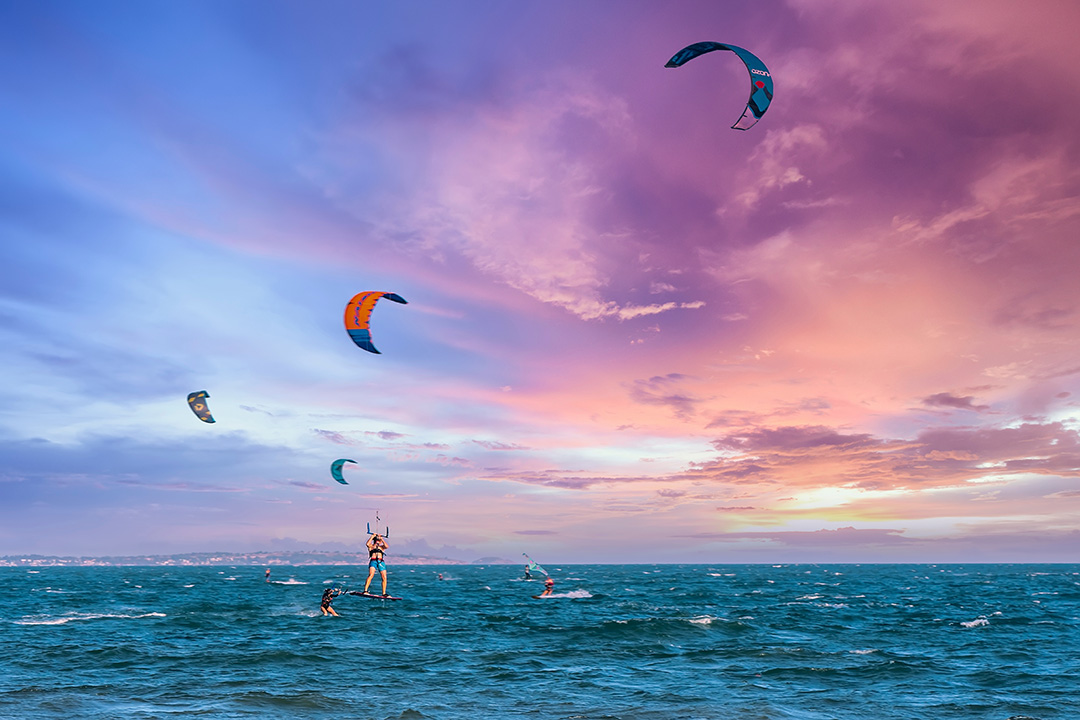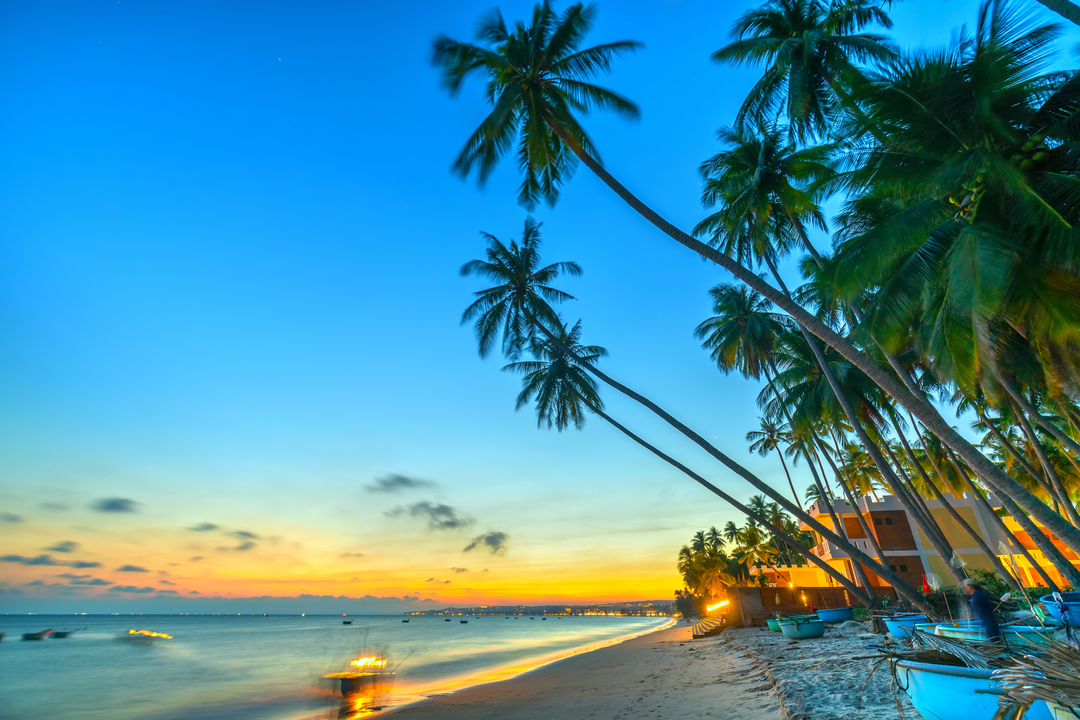Oct - 13 - 2023
Vietnam is regarded as one of the most secure nations for travelers. Visitors should be aware of the following health and safety in Vietnam concerns to ensure a safe and enjoyable journey.
Health issues
Before visiting Vietnam, you should be aware of health issues such as COVID-19, common infections, and so on.
About COVID-19
When the outbreak of COVID-19 began, Vietnam constantly watched it and implemented a number of proactive, comprehensive steps to safeguard the safety of its inhabitants and visitors. COVID-19, on the other hand, remains a danger, with community transmission still existent in Vietnam.
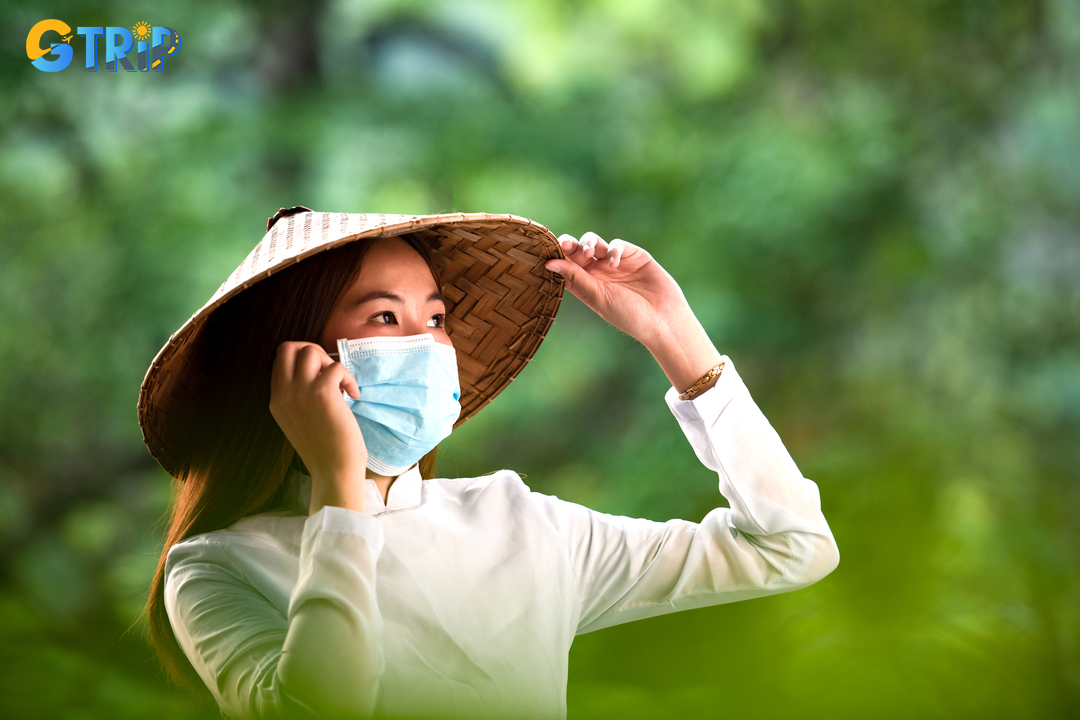 About COVID-19 in Vietnam
About COVID-19 in Vietnam
When tourists encounter viral symptoms such as fever, cough, and trouble breathing, you should contact Vietnam's health hotline at 19003228 for instructions.
To counteract the virus's spread, Vietnam's Ministry of Health has encouraged all Vietnamese and international visitors to wear face masks on flights, in airport terminals, and in crowded public locations such as supermarkets, bus stations, and public transportation vehicles.
Travel insurance
Make sure you obtain trip insurance before traveling to Vietnam. Health insurance protects you in the event of an emergency and allows you to claim back any subsequent medical expenditures.
Two months before departure, you should also see your doctor or a local travel clinic for the most up-to-date information on health concerns in Vietnam, as well as any vaccines you may require.
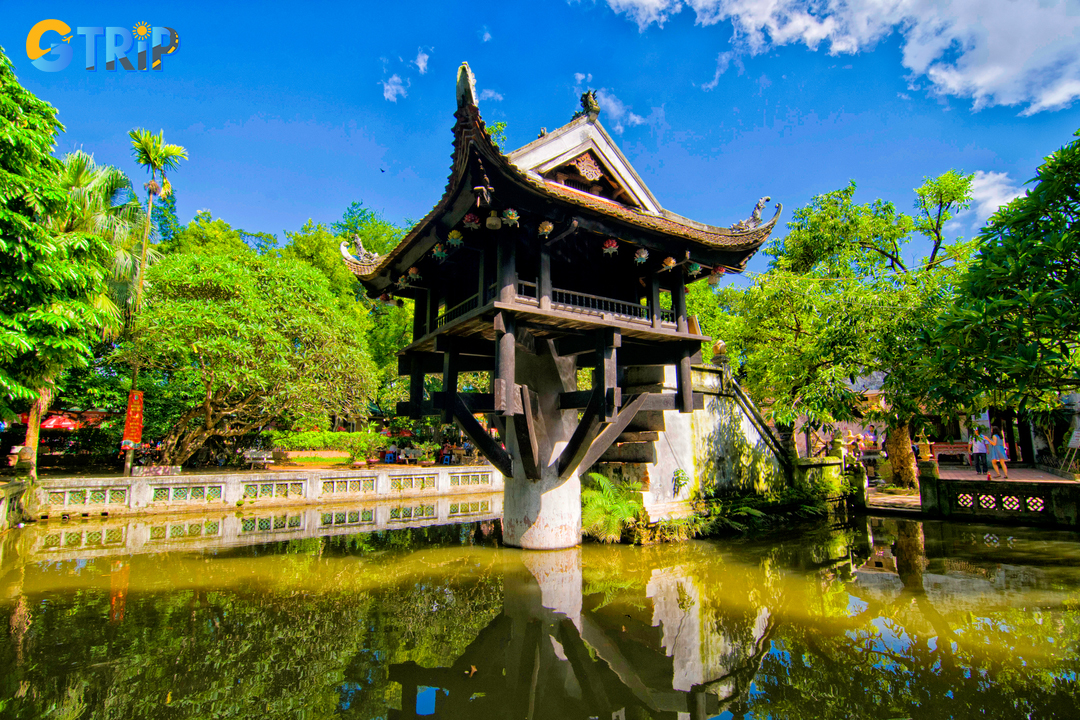 Before visiting Vietnam, tourists should get travel insurance
Before visiting Vietnam, tourists should get travel insurance
Additional Vietnamese health issues
Air Pollution: Poor air quality is a big issue in Vietnam. Pollutants in the air can worsen asthma and allergy symptoms. Among the symptoms are a scratchy throat and nasal drip. To avoid inhalation, travelers should wear a face mask on the road.
Heat concerns: Vietnam is hot and humid all year. Sunburn may come rapidly, so it's better to use sunscreen all day. If you enjoy sunbathing, the lovely beaches of Nha Trang destination or Phu Quoc Island destination are ideal but don't linger in the sun for too long or you may suffer from heat stroke.
Illnesses caused by food and water: Travellers' diarrhea is a typical issue while visiting new places. It is spread by consuming infected food or water. Street food in Vietnam is relatively safe, but exercise your discretion when selecting vendors.
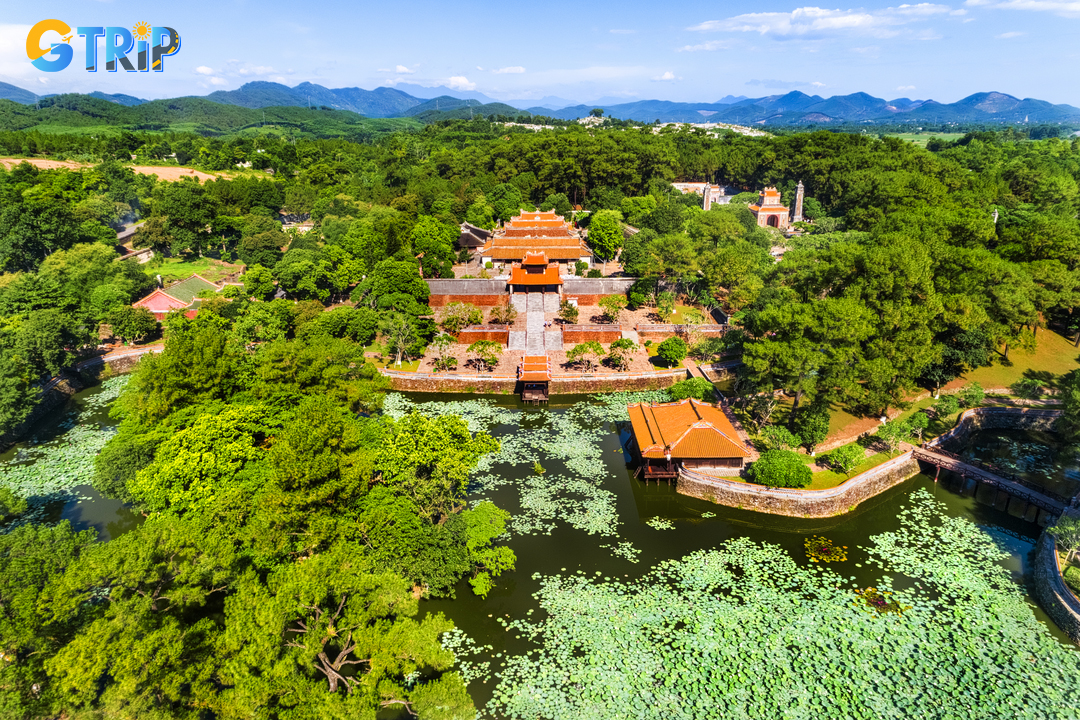 Prior to their journey, travelers should educate on frequent ailments in Vietnam
Prior to their journey, travelers should educate on frequent ailments in Vietnam
Mosquito-borne illnesses: Malaria transmission is more likely in the rural highlands. If you want to visit a remote location in Vietnam, you should consider taking anti-malarial medicine. To protect yourself from sickness, do the following:
- Make use of insect repellant.
- Dress in long, flowy, light-colored clothes.
Medical facilities and services
If you become ill in Vietnam and it is not a serious illness, you may buy medicine from any drugstore. The degree of medical facilities and service varies. Overseas private medical clinics with English-speaking staff are accessible in Hanoi destination, Da Nang destination,...
While tiny pharmacies are ubiquitous in practically every Vietnamese city, you may be far from the next pharmacy or hospital in rural regions.
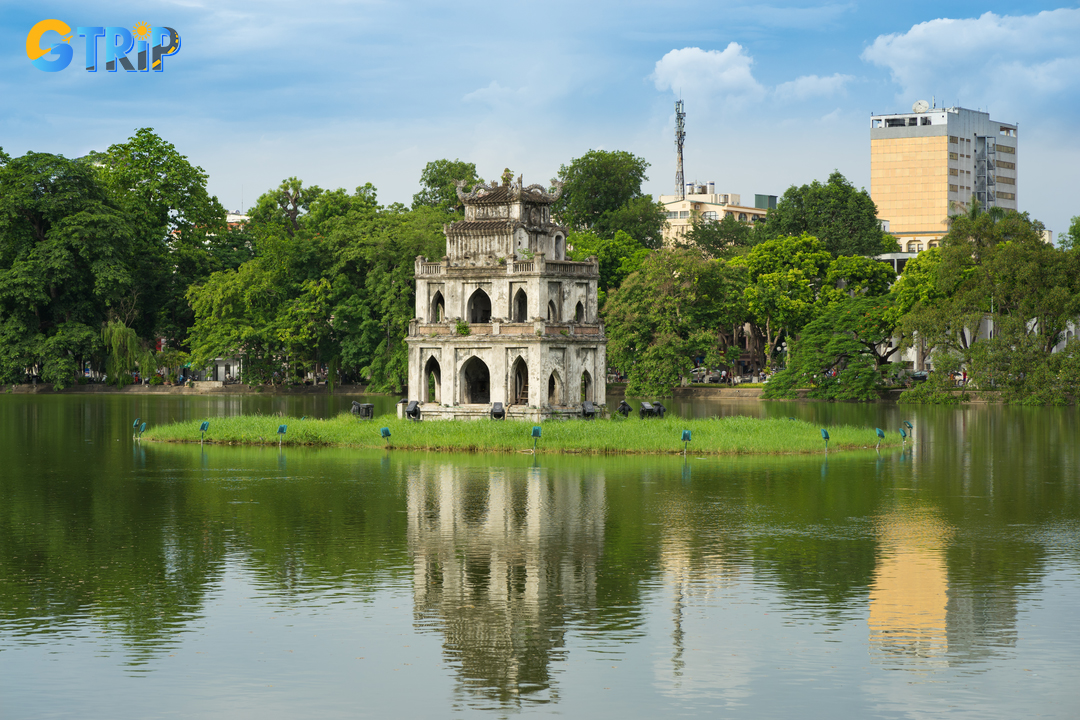 In large cities, hospitals and pharmacies are conveniently accessible
In large cities, hospitals and pharmacies are conveniently accessible
Safety issues
Although Vietnam is a reasonably secure nation to visit, travelers should keep the following points in mind to enjoy a safe vacation.
General safety issues
Crime: Pickpocketing and purse snatching occur on occasion, especially in bigger cities like Ho Chi Minh City destination. Petty crime may increase before important public holidays, like Tet (Lunar New Year). Pick-pocketing is prevalent in:
- Tourist destinations
- Markets and shopping malls
- Buses and trains are overcrowded.
Road accidents: Virtually everyone owns a motorcycle, and you can imagine how crowded the roadways will be during rush hour. With so many automobiles on the road, Vietnam has one of the world's highest rates of traffic accidents.
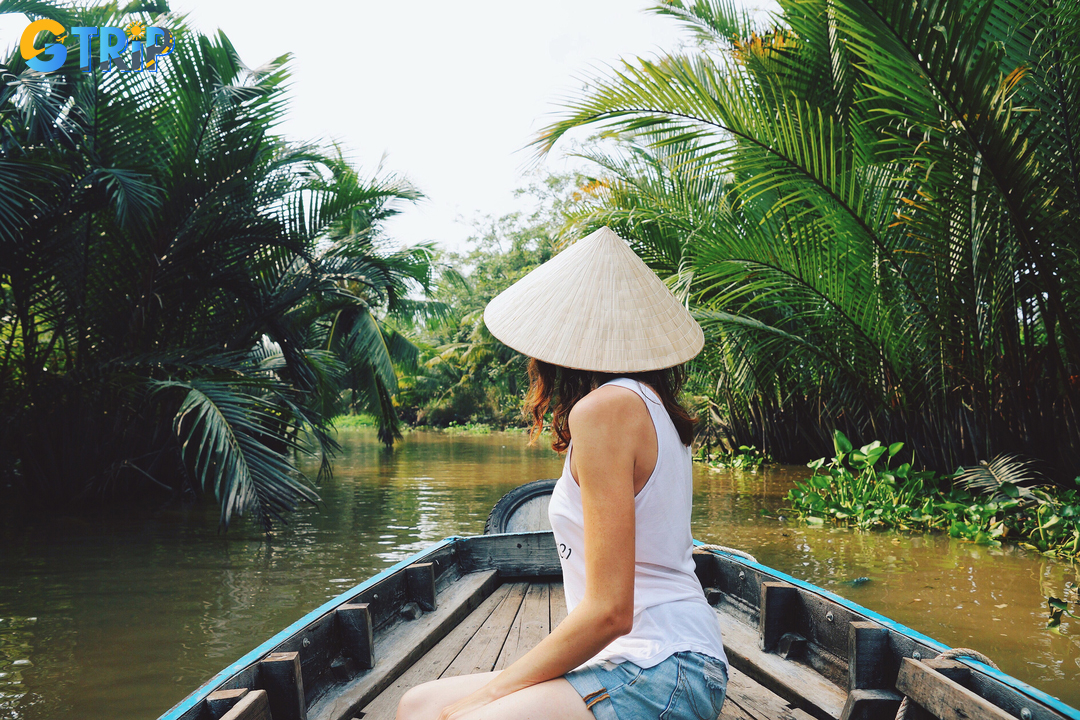 The number of vehicles on the road in major cities is substantial
The number of vehicles on the road in major cities is substantial
Climate and natural disasters: In Vietnam, the rainy season lasts from April to October. If you're traveling in the middle of the year, be prepared for a lot of rain. Tornadoes can cause aircraft delays as well as delays in public transportation such as buses and trains. Flooding may occur in the worst-case situation.
Most days during the wet season are cloudy. Vietnam's drainage system isn't the finest. Drains frequently overflow, flooding the streets and causing havoc. In a dark street, you can find yourself up to your knees in water.
Women's security
Women are welcome in Vietnam, which is a safe nation to visit. Because the Vietnamese are still very traditional, it's better to respect their culture by not showing too much skin. Single women are not alone on the streets late at night, and it is best to hire a taxi if you are returning late.
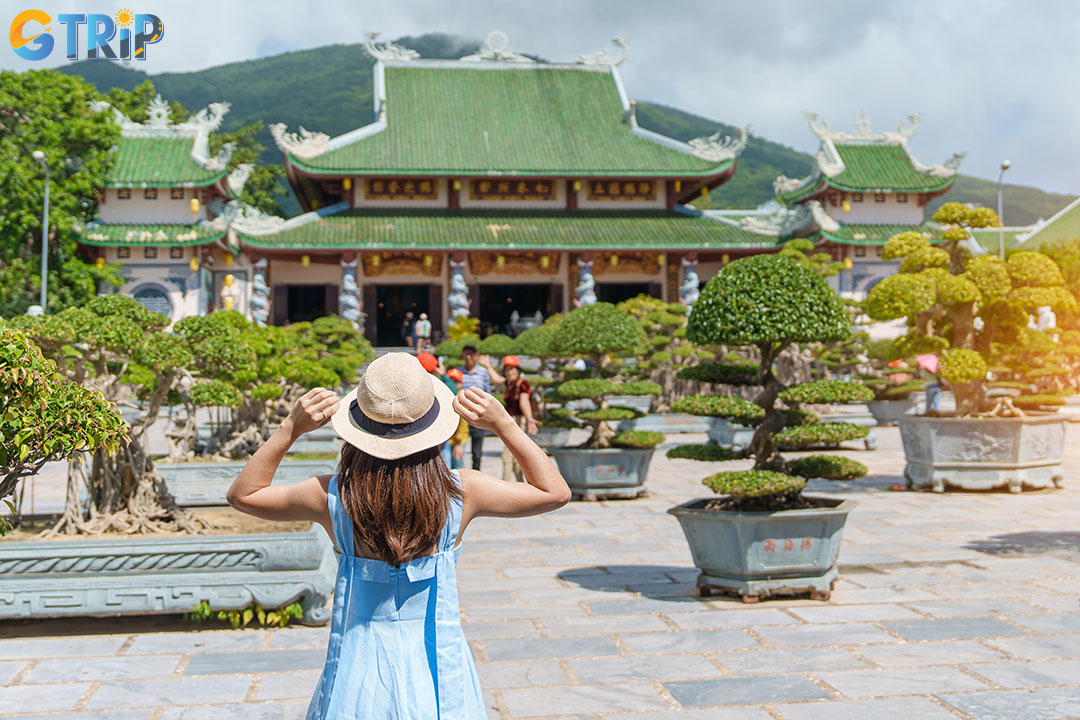
Female travelers should avoid going out late at night
Vietnam is a diversified tourist destination, with everything from hectic cities like Hanoi and Saigon to picturesque beaches like Danang and Hoi An. Nonetheless, you should keep health and safety in Vietnam concerns in mind when visiting so that you may fully enjoy your trip.
If you are planning a vacation to Vietnam but are unsure where to go, check out the Vietnam Attractions section for additional ideas!

